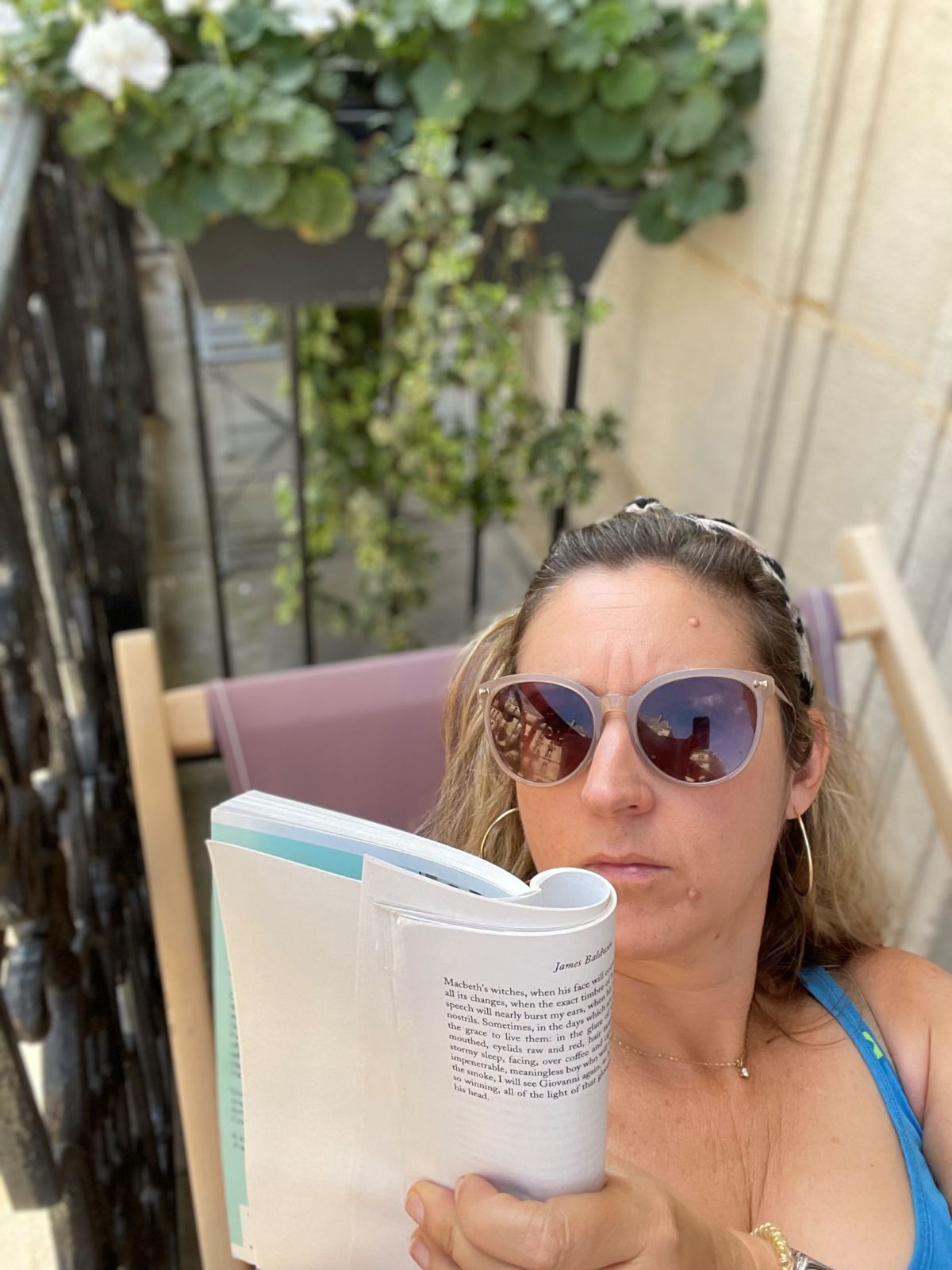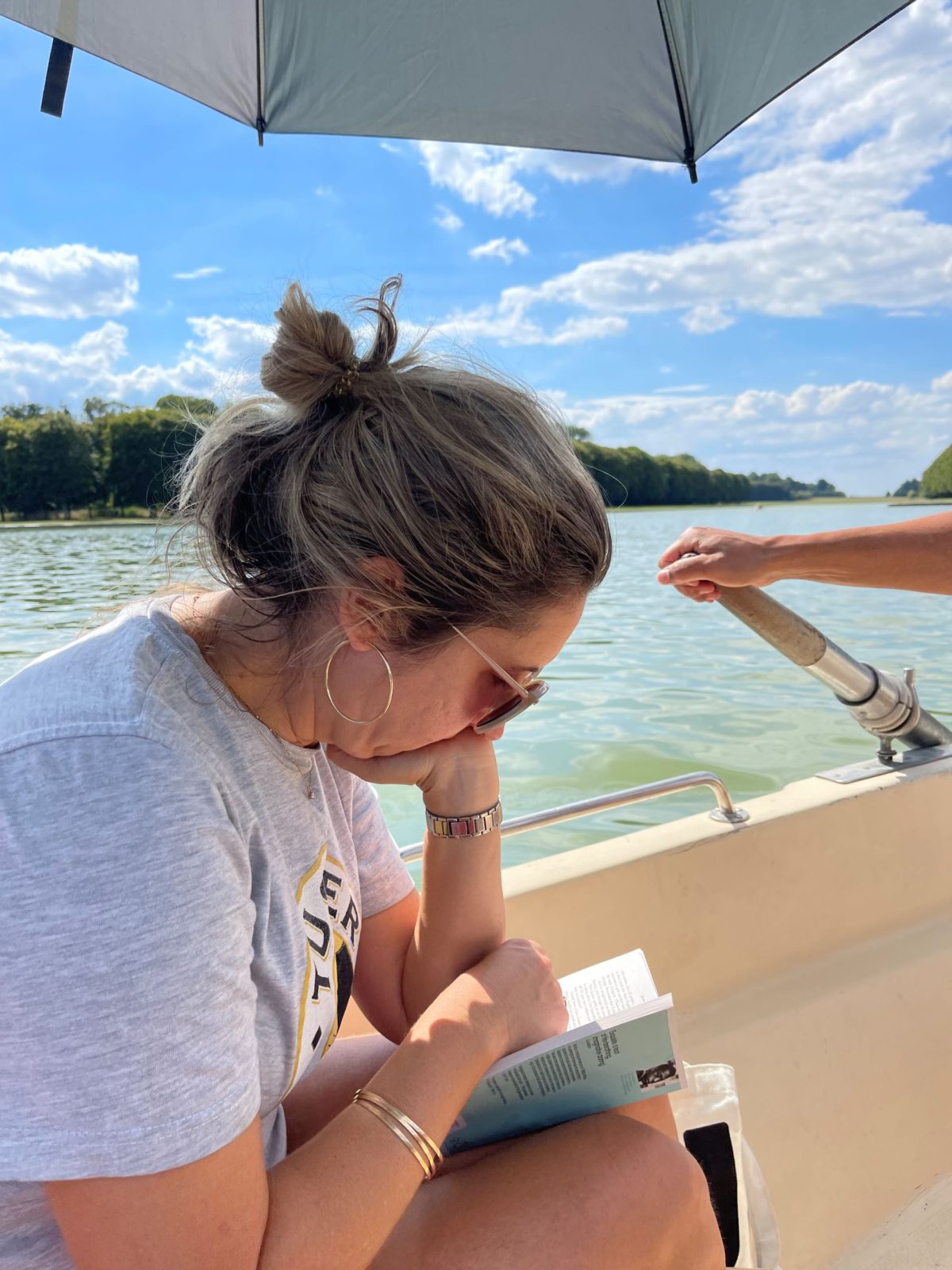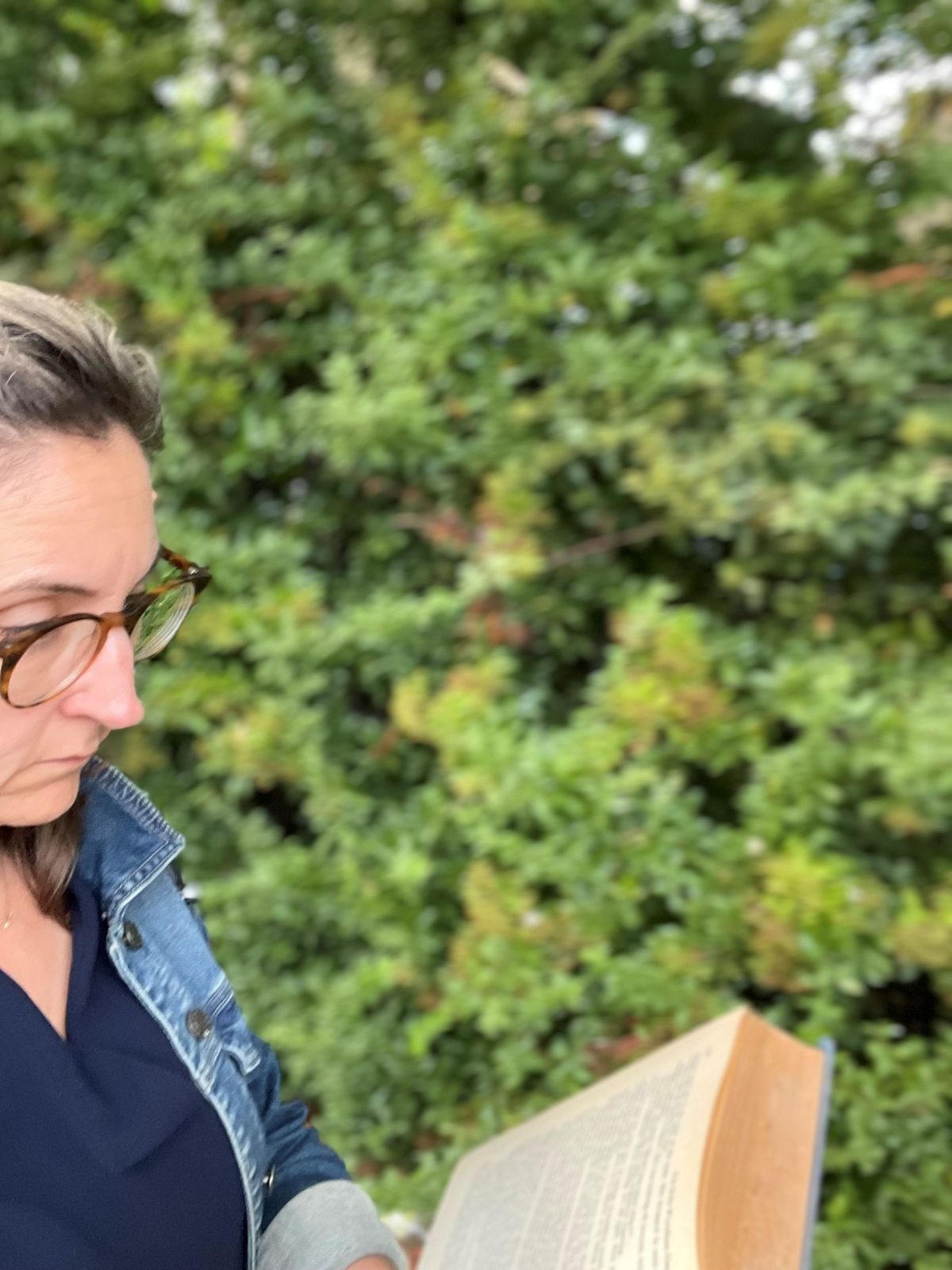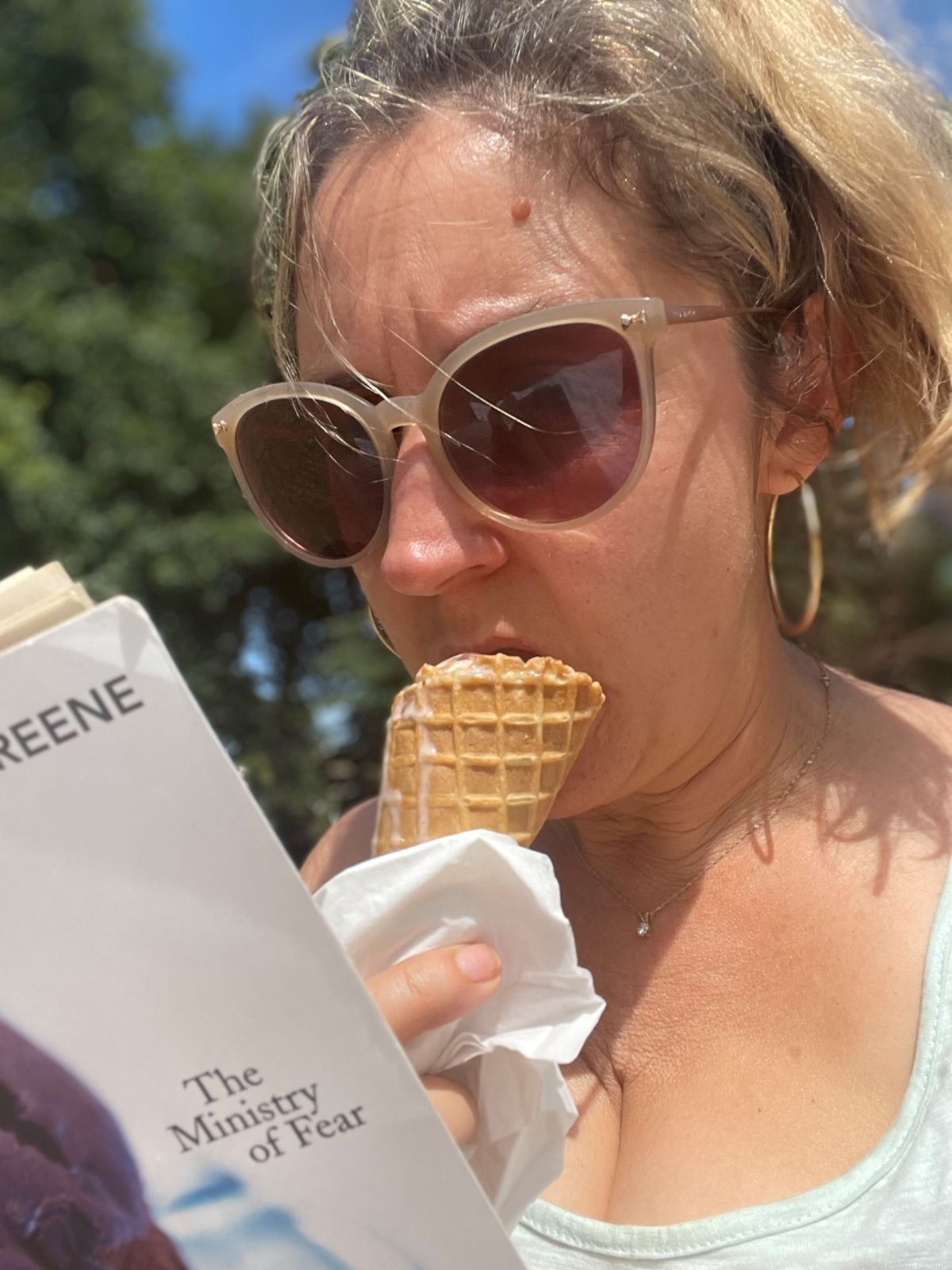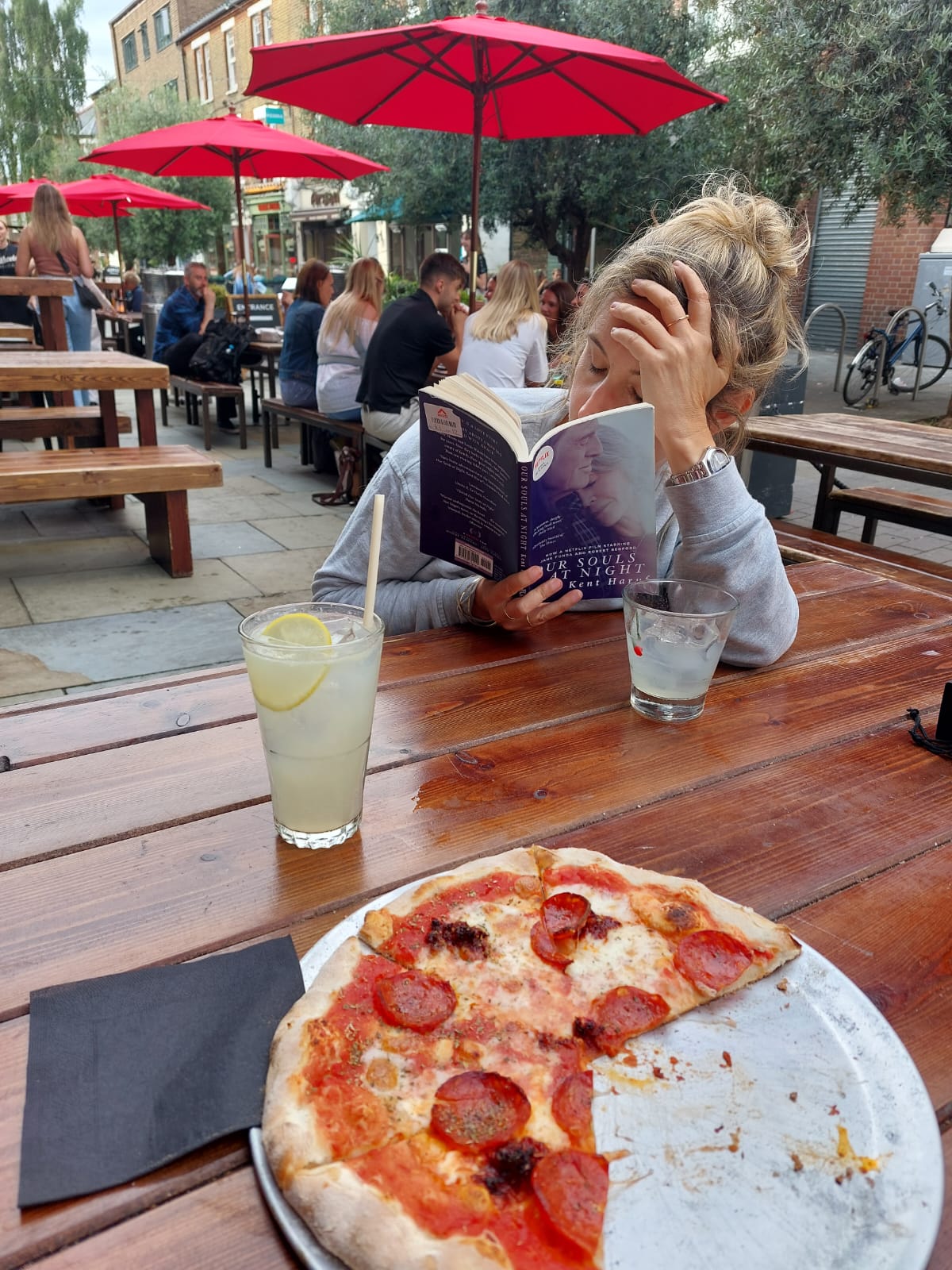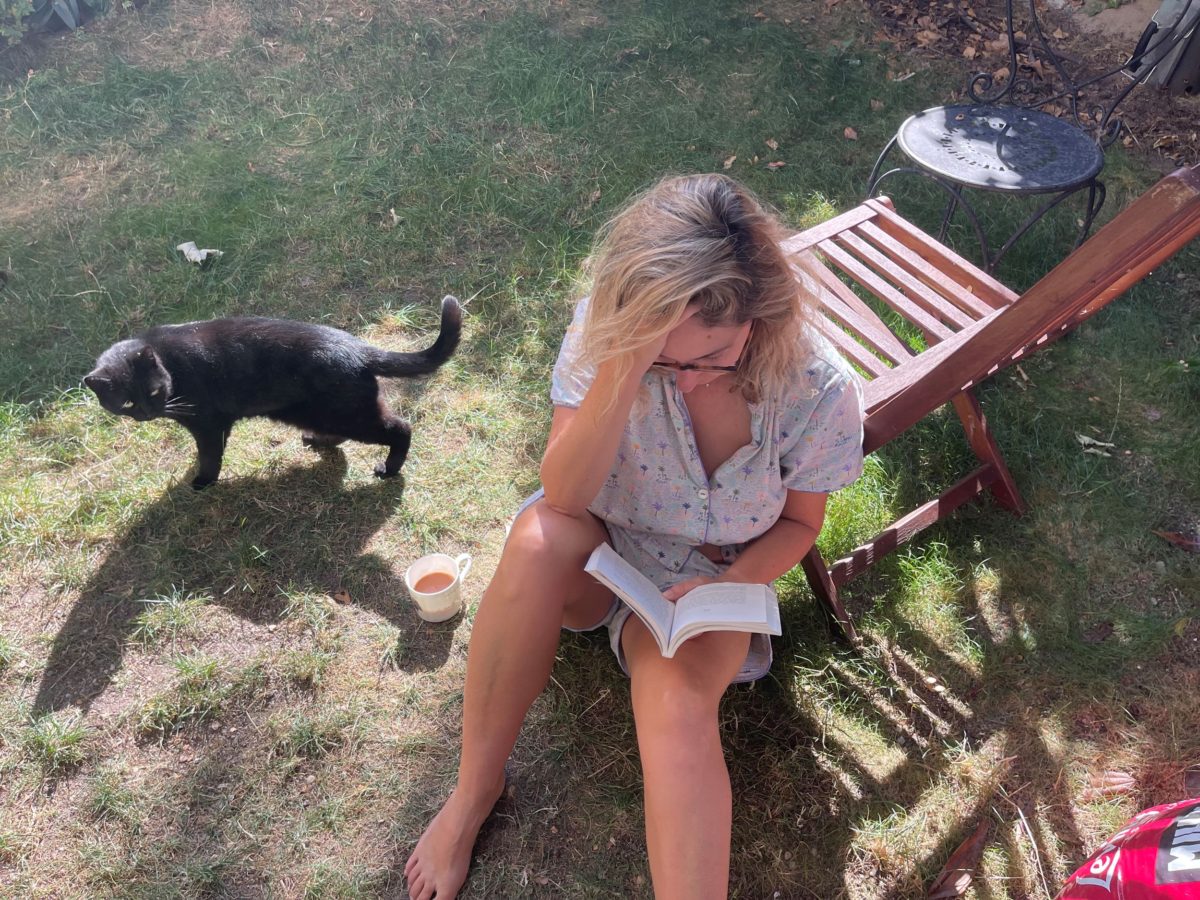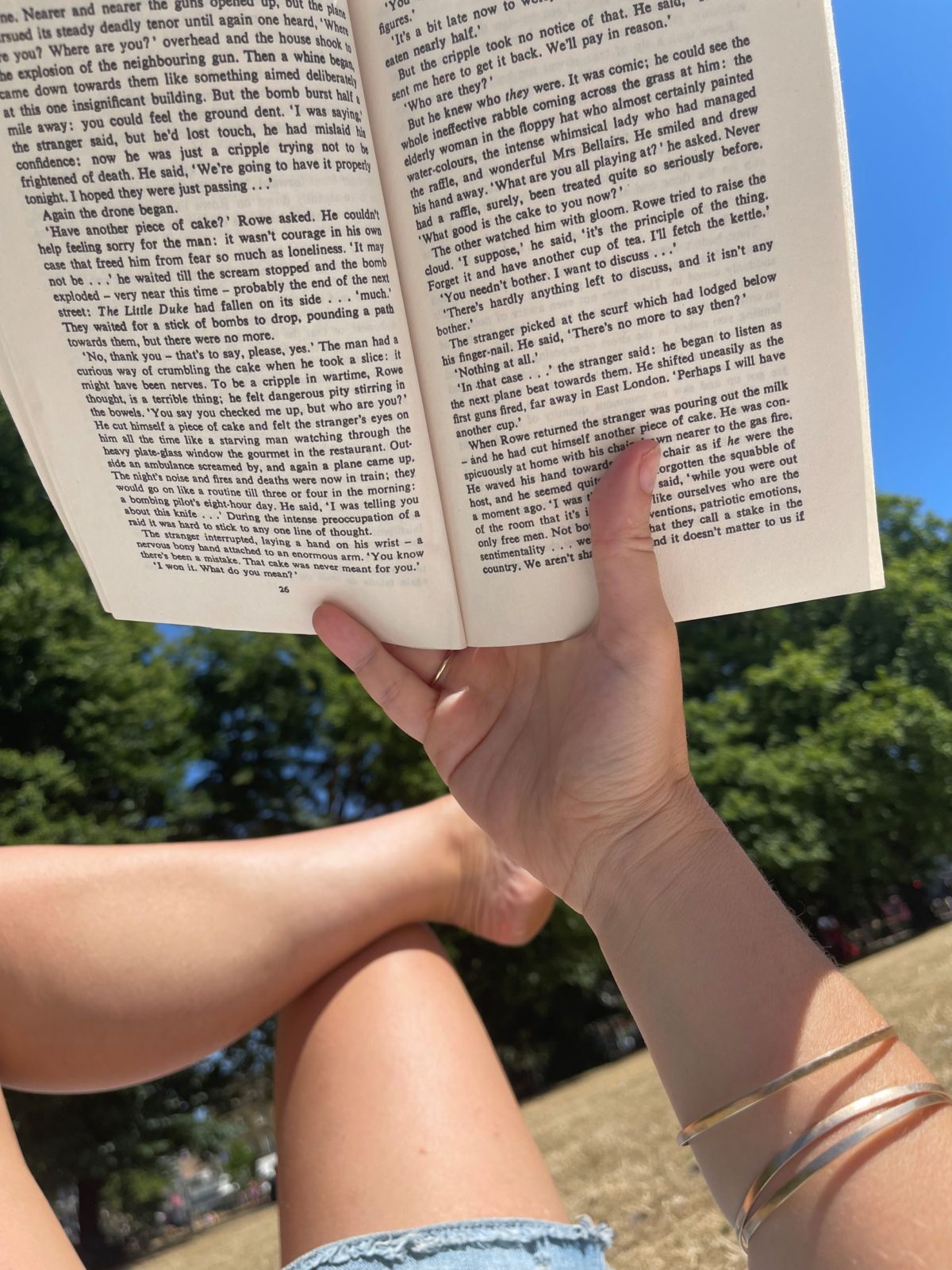Here is a novel about how you ought to love your co-workers. It tells the story of four older people, two men and two women, working in an office together. None have any close family, and all live alone. They spend all day together, do not have much use for holidays, and yet do not make much effort to get to know each other. They begin to retire, and are at a loss without work and each other. Okay, that’s not really true: it’s far more subtle and sad than that sentence suggests; but it’s more or less what happens.
It’s a remarkably good novel about many things, among them lost opportunities and what your life amounts to. Pym is an amazing writer, and it’s mind-blowing that this novel, written in 1977, just before her death, was her first to be published in 16 years. Her agent had rejected her last, and this had apparently silenced her for a couple of decades. She got her own back, getting a Booker nomination, so BOOM.


